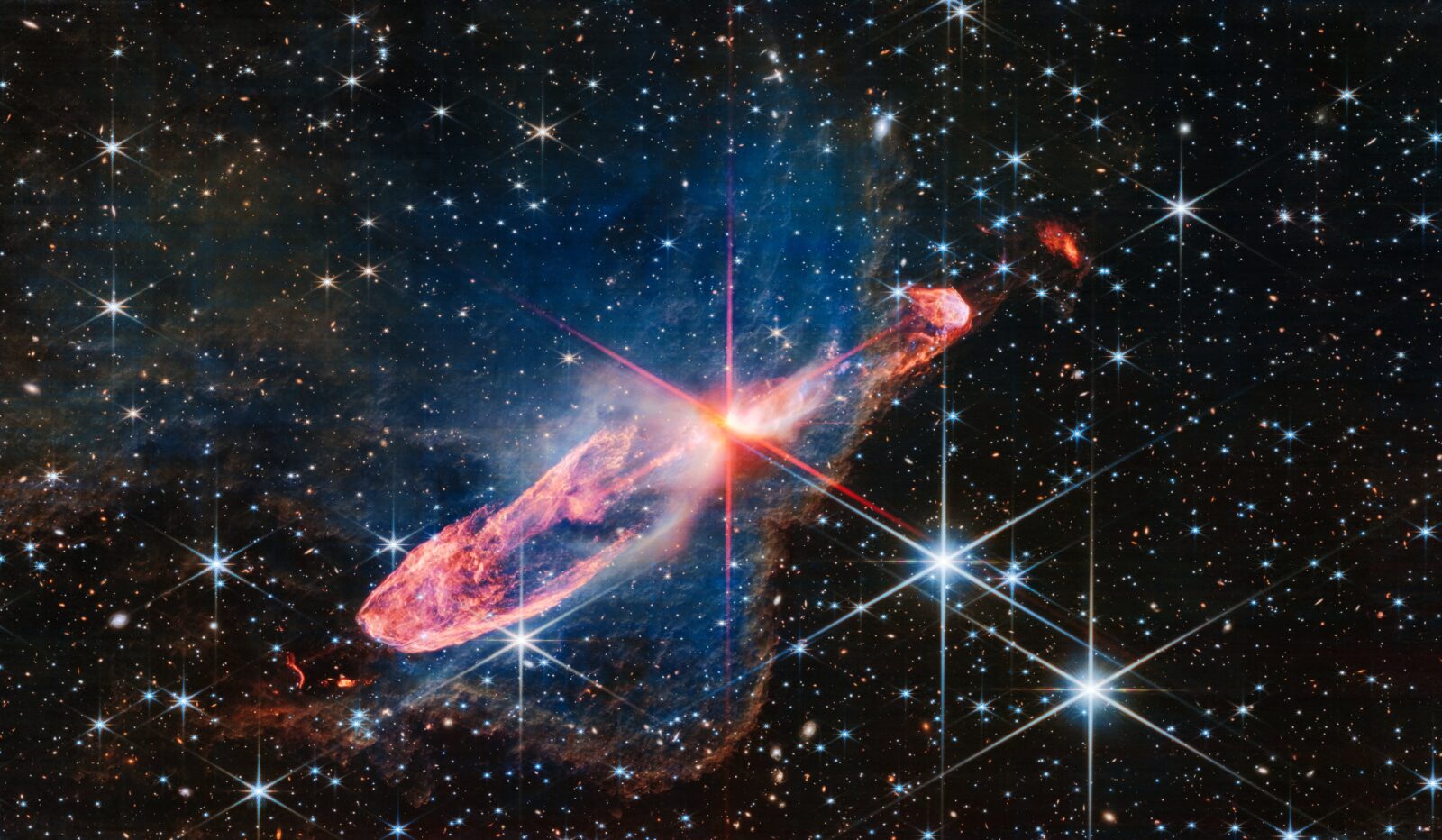


Design-Assisted Evolution: A Response to Rope Kojonen

Stephen Meyer: Evidence of Mind in The Natural World

The Optimal Design of Our Eyes

Brian Miller on the Gift of Vision

The Return of Natural Theology

How Modern Physics Reveals Purpose in the Universe

Design or Chance? Casey Luskin on The Andrew Klavan Show

Stephen Meyer Defends His New Book to Cosmologist Brian Keating, Pt. 2
Today’s ID the Future continues (by permission) the long-form conversation between Stephen Meyer, author of the newly released USA Today bestseller Return of the God Hypothesis, and UC-San Diego physicist Brian Keating. Here in part two the conversation turns to quantum cosmology, multiverse hypotheses, Stephen Hawking, and Hawking’s now-you-see-it/now-you-don’t use of imaginary time to deny a cosmic beginning. Meyer argues that Hawking’s imaginary-time trick doesn’t wash, there remains powerful evidence for a cosmic beginning, and that this beginning is best explained as the creation act of an intelligent, immaterial being. Also, Keating and Meyer tackle the question: Did Isaac Newton really blunder by invoking a God of the gaps to periodically tweak the solar system to smooth out perturbations? That is, was Newton led astray by his theism to opt for a science-stopping invocation of God to explain away a problem in his theory? Meyer’s PhD in the history and philosophy of science happens to be from Newton’s university, Cambridge, and Meyer says that he researched the issue in particular and no, the oft-repeated claim is a myth. What is true, Meyer says, is that Newton, Kepler, and other founders of modern science were inspired to search out and find the rational order hidden in nature because they were theists, convinced that nature was the work of a rational Creator. Check out Keating’s website here, and get a copy of Meyer’s new book here.

Stephen Meyer Defends His New Book to Cosmologist Brian Keating, Pt. 1
Today’s ID the Future features, by permission, the first part of a long-form conversation between Stephen Meyer, author of the newly released Return of the God Hypothesis, and Brian Keating, the Chancellor’s Distinguished Professor of Physics at the Center for Astrophysics & Space Sciences at the University of California, San Diego. Do the laws of cosmology, physics, and biology exhibit dispositive evidence of a cosmic designer? Do the Big Bang and fine tuning suggest a “Mind” behind it all? In the book and in this conversation Meyer argues yes. Keating tells what he likes about the new book and draws on his deep knowledge of cosmology to press Meyer with some great followup questions. Check out Keating’s website here, and learn more about Meyer’s new book here.